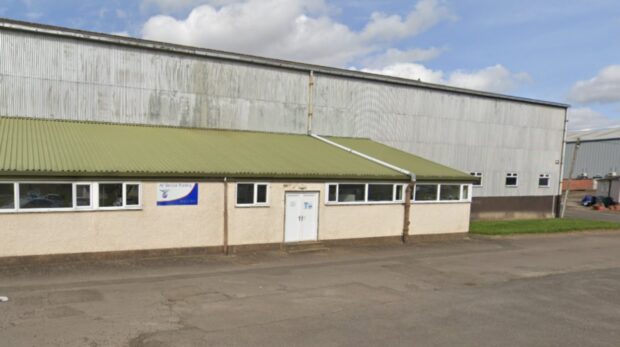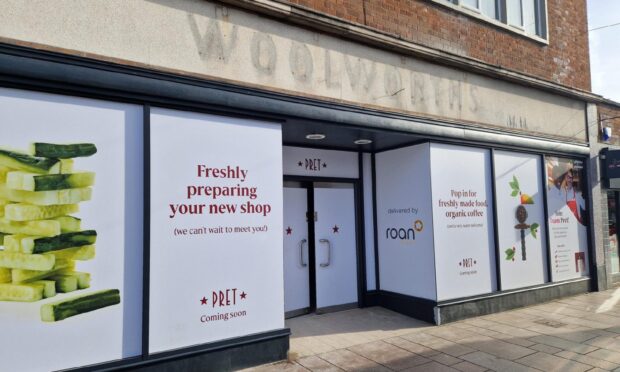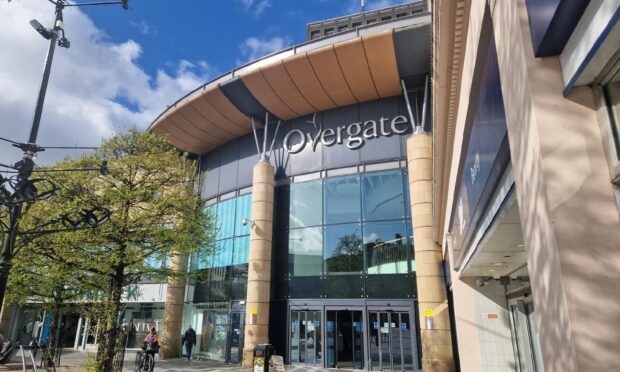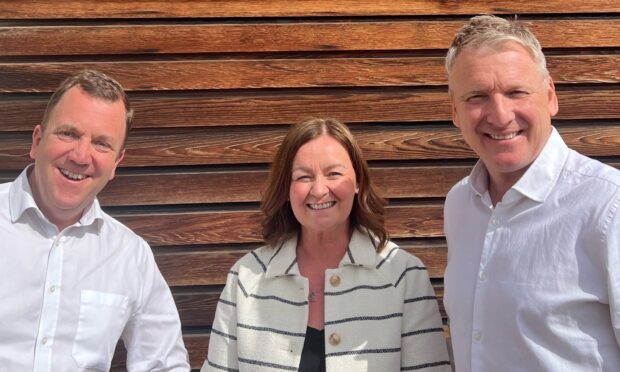The owner of Fife lettings and estate agent Braemore has merged with an English firm to strengthen its position in the sector.
Braemore owner Lomond Capital is to merge with Yorkshire firm Linley & Simpson.
The combined group will have a portfolio of more than 22,000 properties under management.
Braemore operates in St Andrews and Edinburgh and the Lomond Capital group also includes Stonehouse in Aberdeen.
All local brands will continue to operate in their respective regions. The deal has the backing of leading private equity firm LDC.
Consolidation in property sector
Stuart Pender, group chief executive of Lomond Capital, said he expected more consolidation in the sector.
He said: “Lettings and estate agents are facing an increasingly complex regulatory environment and challenging trading conditions.
“We have had significant success in bringing together and supporting good quality regional agents under one operating model whilst maintaining a local, on the ground approach which together has delivered significant benefits to landlords and tenants.
“Market conditions in the private rental sector are well suited to continued growth through consolidation.
“We are looking to continue to consolidate regional markets, whilst at the same time enhancing the proposition the sector offers to clients, through our network of market leading regional agents.”
Acquisitions sought by group
The new group will now look to strengthen its nationwide network through complementary acquisitions and organic growth.
Linley & Simpson is already backed by LDC and has grown significantly by adopting an ambitious acquisition strategy across the Yorkshire region.
Since LDC’s investment in June 2018, the business has made 18 acquisitions. This has meant it has doubled its portfolio from 5,000 to 10,000 properties.
Lomond has invested in developing a regional platform by building a presence in some of the most attractive UK cities for private renters.
Seeking opportunities to grow
Co-founder and chief executive of Linley & Simpson, Will Linley, will join the board as group managing director with a focus on delivering the group’s ambitious acquisitive growth strategy.
Nick Simpson will become chief executive of Yorkshire and Martin Elliott chief financial officer.
Mr Linley said: “This transaction is a continuation of our approach to building our business while retaining our successful local approach. We are actively seeking fresh opportunities to grow within Scotland.
“We’re excited about the opportunities in each of the Lomond regions.
“I’m looking forward to working closely with Stuart, the Lomond team and LDC to help grow the new group.”
Who are Lomond Capital and LDC?
Established in 2010, Lomond Capital manages residential properties worth in excess of £2.75 billion.
Lomond also sells more than £750 million worth of property a year and employs 325 members of staff.
It has businesses in Aberdeen, Birmingham, Edinburgh, St Andrews, Manchester and Brighton.
LDC is the private equity arm of Lloyds Banking Group. It has committed to invest £1.2bn in UK mid-market businesses over the next three years.
LDC has a portfolio of 90 businesses across the UK.










